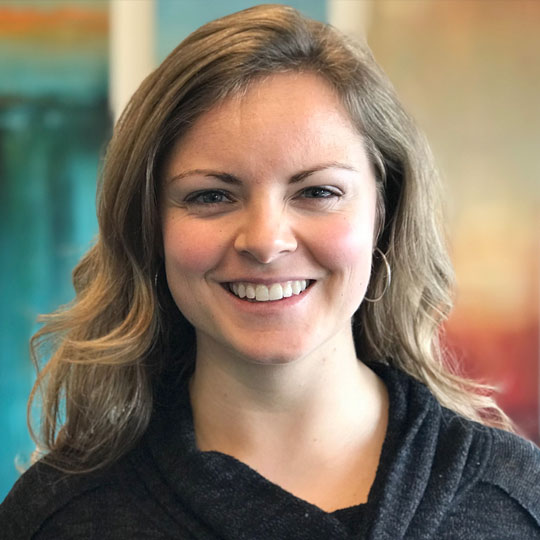Dr. Pate’s Prescription for Change
Community Connect links St. Luke’s and clinics across the state for great patient care


Provider access to patients’ electronic health records improves care, reduces unnecessary repeating of tests or studies, improves communication and coordination of care and reduces the amount of information patients have to provide to various caregivers over and over again.
St. Luke’s has made it easier for our independent physicians to have access to our Epic electronic health records platform, known to our patients as myChart. Here to tell you more about our Community Connect program is St. Luke’s Content and Communications Coordinator Alexis Bennett.
- David C. Pate, M.D., J.D.
It’s the same every visit.
The string of pre-paperwork before the appointment even starts; please list medical history, allergies, history and medications. It’s explained all over again when the patient meets the provider.
The whole process is cumbersome, and there’s always the chance that something critical is forgotten or downplayed.
And particularly when a patient is seeing a specialist for follow-up, accuracy is crucial. Detailed notes that previous providers make after a cardiac episode, for example, can make a difference in timely diagnosis and treatment.
Enter Community Connect.
The St. Luke’s-sponsored program creates partnerships between the health system and private community physicians and providers by integrating record-keeping. St. Luke’s uses the Epic platform to manage patient health records, communicate, set appointments and schedule patient reminders; through Community Connect, clinics aligned with St. Luke’s have visibility to vital patient information while still operating independently.
St. Luke’s has a diverse group of Community Connect partners throughout the state, ranging from rural clinics to specialists in more urban areas.
“Frequently I see a patient who, just yesterday, saw one of our Community Connect partners,” said Dr. Laura McGeorge, St. Luke’s primary care medical director. “I can see exactly what they did, what they thought, what they told the patient, and reiterate that as a part of the team to take care of that patient, and that’s super-powerful.”
A shared instance of Epic also provides a seamless experience for patients, who can view results and communicate with care providers through a unified myChart account.
For remote locations, the partnership means increased connectivity.
A primary care provider like Amy Klingler, PA-C, can refer her patients from Stanley-based Salmon River Clinic to specialty or emergency care at St. Luke’s Wood River, knowing that the patient’s records will be available upon arrival to ensure the best care possible.
“So many of our patients see physicians in Wood River and in Boise anyway,” Klingler said. “Errors most often occur when information isn’t transferred to one clinic from the next. Getting that information back and forth is key.”
With Community Connect, the specialist or emergency department team can quickly access a patient’s health history, allergies, prescription list and other pertinent information, without the forms typical of a first-time visit. Services are expedited and the diagnosis is often more reliable because providers have a full picture of a patient’s health, including notes from their primary care provider upon arrival.
For specialists such as Boise-based nephrologist Dr. Chris Keller, the connectivity means he can track a high-risk patient with chronic illness jointly with a primary care provider and out-of-network surgeons. Epic allows easy sharing of records with outside hospitals when his patient receives a transplant. He can stay up-to-date on progress through updates to the electronic records system.
“Our patients use myChart nonstop for communication and we love it,” said Dr. Keller, managing partner of Boise Kidney and Hypertension.
“At the end of the day it is much easier for us to communicate with patients and other providers. Community Connect gives the patient an empowering experience,” he said. “Patients win when we all communicate with each other.”
Low investment, high return
Under the federal Stark Law, St. Luke’s can subsidize up to 85 percent of the cost of set-up for independent clinics wanting to make the electronic connection. The independent practice covers the remainder of the costs, along with continued maintenance. By the end of May 2019, St. Luke’s will have successfully enrolled 10 clinics and 27 providers.
“Implementing Community Connect will enable providers to securely transition into an independent practice and care for patients without interruption,” St. Luke’s Director of Outreach and Integration Raquel Hartman said. “It provides an integrated, seamless quality of patient care using SLHS care records.
“The value moving forward to population health is better care and a single-patient record,” she said. “The objective of Community Connect is to partner with community physicians and providers to create a clinically integrated network that delivers on the 2020 goals to be a community partner that delivers on the goal of patient-centered care.”
About The Author

Alexis Bennett is a consultant for St. Luke's Community Health and Engagement.



